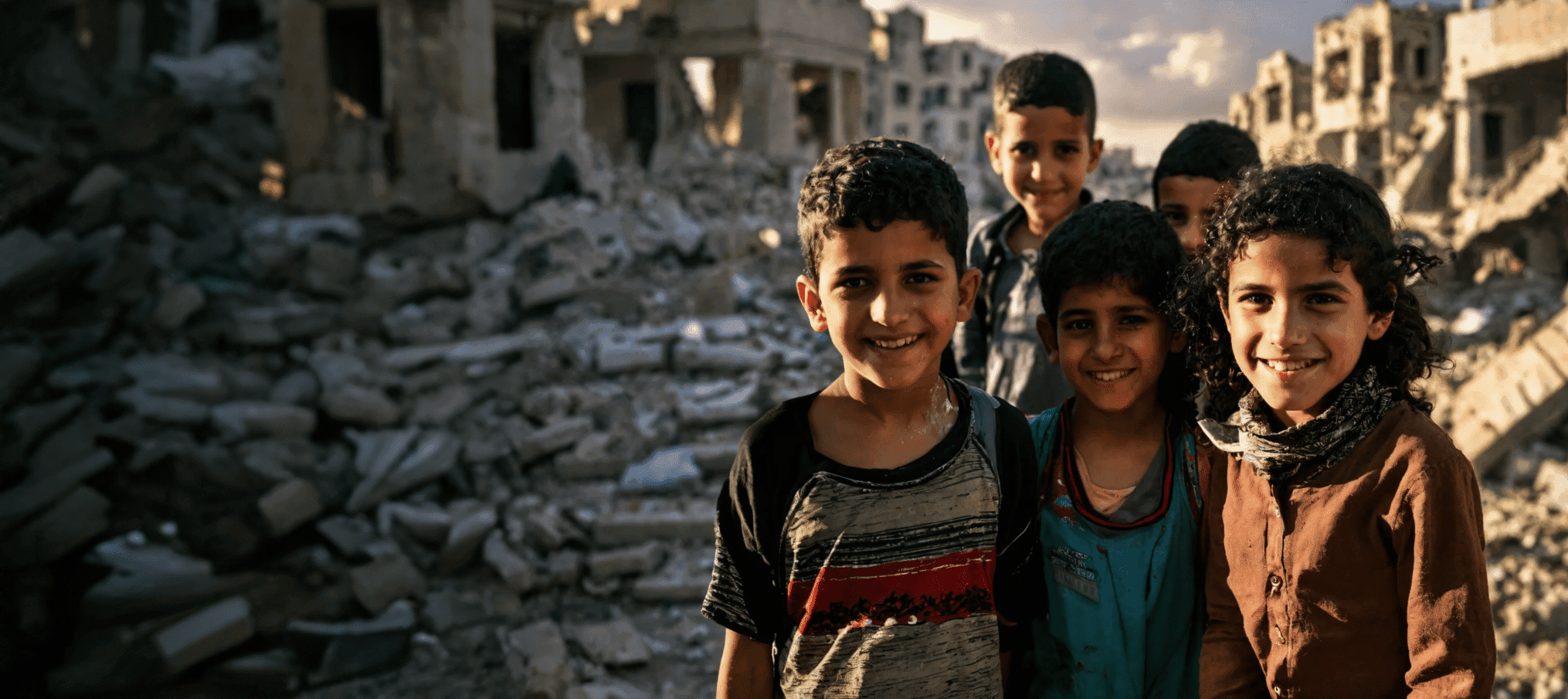Since 2011, the Catholic University of Milan has been working alongside the Custody of the Holy Land on a project designed to value the ancient resources of the San Salvatore library in Jerusalem. Named "Books as a bridge to peace", it focuses on initiatives which promote the conservation and raised awareness of the Franciscan library’s most precious books.
It’s not the easiest work in the world, considering the sheer volume of codes accumulated by the Franciscans over hundreds of years, but there’s an important part of the project which is yet to be completed. Over the last year, Dr. Marcello Mozzato has concentrated his efforts on compiling an inventory of all the conserved manuscripts in San Salvatore. There are almost five hundred of them, from codes and scrolls, some medieval and many more recent, and from books on medicine to collections of Arabic poetry, from Maronite missals to Torah scrolls. Only recently has the library collected new samples from the Custodial Archive and the Museum of the Flagellation of Jerusalem. The individual codes described in the inventory are in Armenian, Amharic, Greek, Syriac and Hebrew, but mainly in Arabic and in Latin-based languages. Of these, it is the large group of illuminated manuscripts stand out for their importance and beauty.
Over the last few days, following the re-discovery of a final group of ten or so manuscripts, final checks have been carried out on the inventory, which will be digitalised and made available online in the coming weeks. And finally, in autumn, this new, entirely electronic tool will be made available during an important cultural event in Jerusalem, allowing a first, yet precious, insight into this important collection of manuscripts. "Establishing an inventory of the manuscrpipts", comments Edoardo Barbieri, professor of History of Books at the Catholic University, "would not have been possible without the contribution of many friends and supporters: now, a culturally and historically invaluable treasure will be presented from the Custody of the Holy Land to scholars the world over."

















